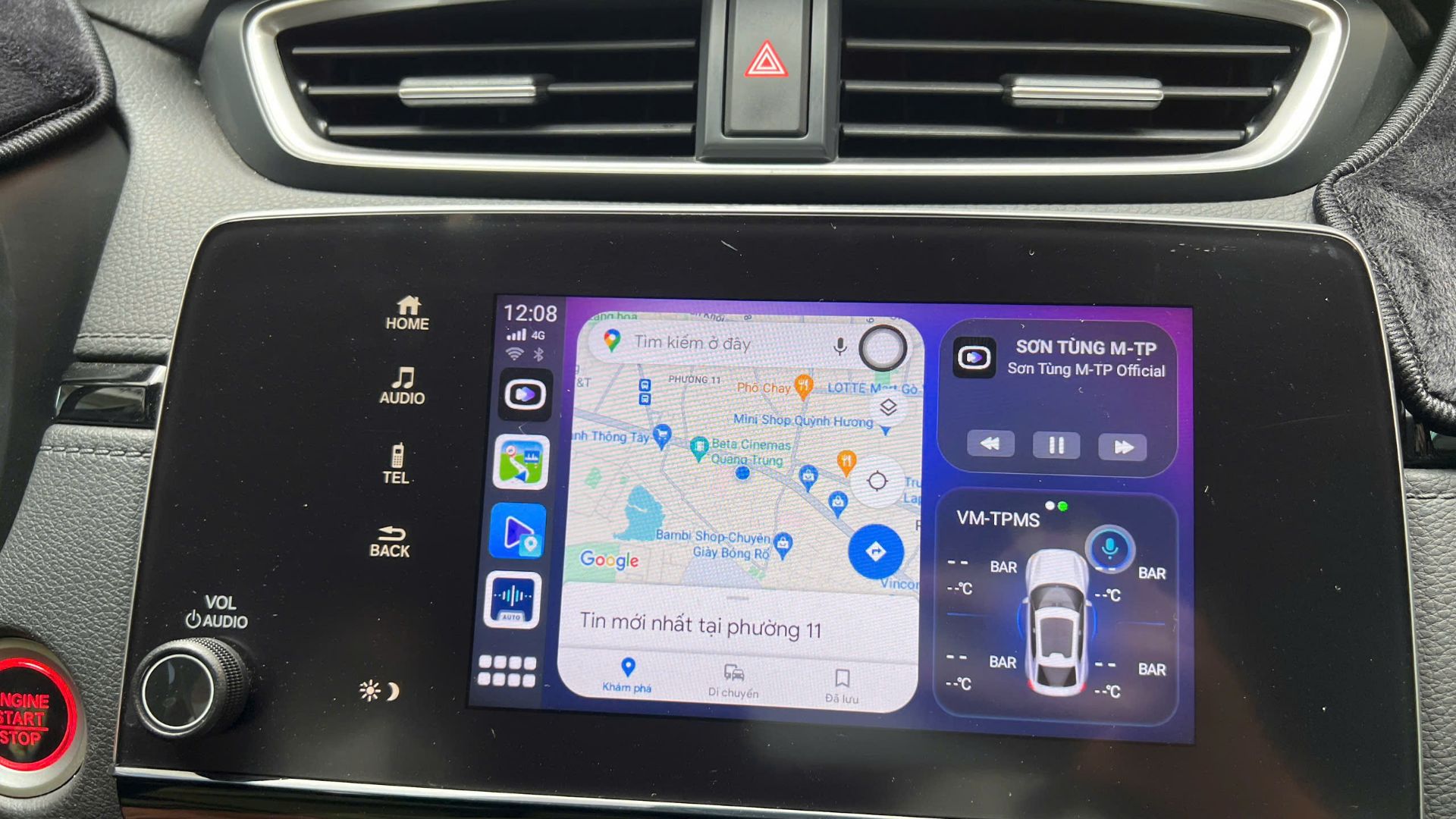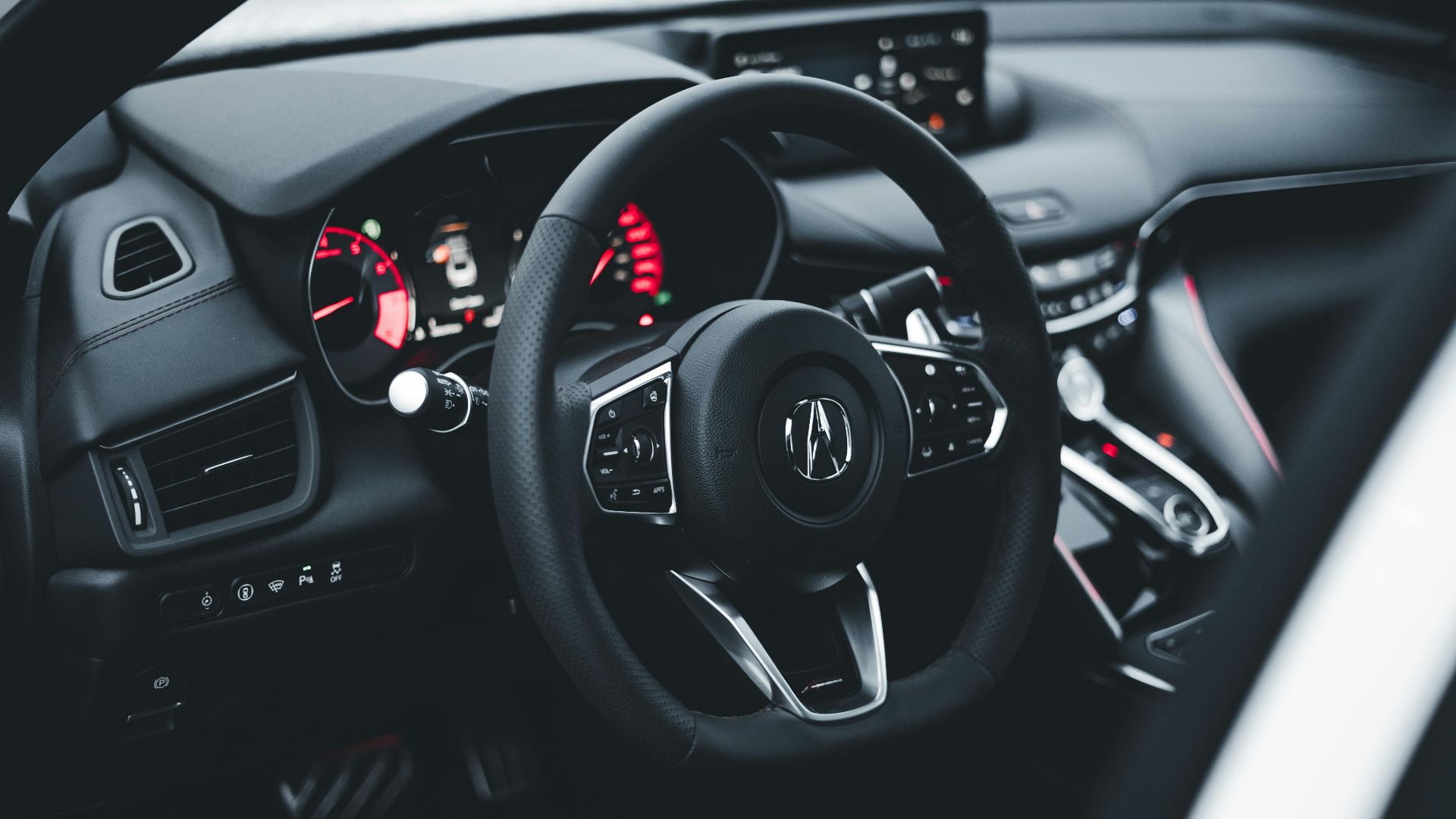Not So Simple Favors
Letting a friend or a relative borrow your car feels like a helpful act. Sadly, the consequences aren't always obvious until it's too late. So, before handing over the keys, it's worth considering why you need to hold back. This list is all about the reasons to decline such requests, later giving you some thoughtful ways to say no. Keep reading to find out more.
1. Unfamiliarity With The Vehicle Breeds Accidents
Driving a borrowed car isn't generally instinctive, as blind spots, braking sensitivity, and control layouts vary by model. A split-second hesitation over the wipers or the gear shift could lead to a costly mistake. If they misjudge handling on a turn, expect costly damage.
2. Insurance Covers Only Named Drivers
If they crash and aren't listed on your policy, you'll eat the bill. Most personal auto insurance excludes unlisted drivers from coverage. Even if you trust them, the insurer doesn't. Lending your car is lending your wallet to someone driving off uninsured.
3. Loan Agreement Bans Third-Party Use
If you're still paying off the car, that finance contract probably bans handing the keys to anyone else. Lenders see third-party use as high-risk behavior. Break that rule, and you could void the agreement or face repossession. A favor isn't worth a legal mess.
 Antoni Shkraba Studio on Pexels
Antoni Shkraba Studio on Pexels
4. Telematics Devices Track Every Trip
Suppose your car has a GPS tracker or insurance telematics plug-in; every mile shows up—speed, route, and braking. If someone else drives recklessly, it reflects on your record. Even mileage limits in lease deals are often exceeded. They get a ride; you get the penalty.
5. Wrong Fuel Can Wreck Engine Components
It's surprisingly easy for someone unfamiliar to fill a diesel engine with gasoline or vice versa. One mistake, and you're staring at thousands in fuel system repairs. Misfuelling is one of the most common—and expensive—nightmares of car ownership.
6. Traffic Fines Will Arrive In Your Name
Red light tickets, toll charges, or speed camera flashes that someone else is responsible for are not mailed to that driver but to the owner. You might end up chasing someone to pay a fine they didn't care enough to mention in the first place.
7. Your Driving Style Matches Brake Health
How hard someone brakes or coasts can seriously wear down your pads and rotors. Some people slam the brakes like a game of whack-a-mole. A few hours of careless city driving, and suddenly, your brake job's due early. The borrower may leave, but the cost stays with you.
8. Lent Cars Often Return Without Tools
Jumper cables, as well as the tire jack, can go missing. People remove them to fit bags or just forget they exist. You won't realize it until the next emergency. Borrowers don't think about what's stored in the trunk. You do, and sometimes too late.
9. You Can't Predict When You'll Need It
Emergencies don't RSVP. That one weekend you lend the car, something comes up—an urgent errand, a vet visit. Suddenly, you're at someone else's mercy, waiting. Lending your car means handing over control of your own mobility. That's never convenient when you need it.
10. Dashboard Settings Can Get Reset
Modern cars store personalized settings, including climate, seat position, radio presets, and device connections. A new driver fiddling with menus or syncing their phone can wipe out your saved data. What’s even worse? Some settings can impact safety features, such as lane assist or collision alerts.
When lending feels risky, here's how to express why you will refuse without hurting feelings.
1. Too Risky To Lend Right Now
"Would love to help, but the car's been a bit unpredictable lately. Safer to keep it close till it's checked out." A line like that softens the refusal, keeps things honest, and avoids awkward follow-ups when the car suddenly acts up mid-loan.
2. Alternative Help
"Sorry, it’s difficult right now, but let me help with other options." Offering alternative solutions, such as rentals, rideshares, or carpools, keeps the conversation helpful. Instead of making it personal, suggesting substitutes shifts the focus to finding a workable option without putting your vehicle at risk.
3. Insurance Rates Just Adjusted
The insurers flag even one-time lending as a risk factor. Now, any extra driver could nudge the rates up. A quick "the policy's super strict right now" tends to do the trick, as nobody wants to be the reason for a premium spike.
4. Mechanic Mentioned A Pending Recall Notice
Blame your mechanic, saying they mentioned that some models like yours might be affected by an upcoming recall. "I'd hate to run into any unexpected issues while it's being monitored." This frames the refusal as a precaution rather than hesitation.
5. Backseat Set Up For Pets
A car rigged for pets means extra shedding and smells no one else signed up for. Lending it means the next person inherits that mess, and cleanup isn't fun for anyone. It's a straightforward reason or an excuse to say no without awkwardness.
6. Tires Awaiting Replacement
Those bald patches are ugly and a liability. One sharp turn in the rain and things could go sideways, literally. "Wouldn't trust the tires right now" usually lands with zero pushback. Mentioning the upcoming replacement convinces them it's not about them.
7. Brakes Acting Up Lately
"Wouldn't feel right handing it over till the brakes get sorted" is hard to argue with. Mushy pedals and strange noises mean stopping power's already iffy. Saying no this way sounds more like concern than control, which helps.
8. Partner Shares It Daily
When a partner relies on the car every single day, lending it disrupts routines and creates tension. Explaining this shared use frames the refusal as practical rather than personal, which usually keeps things smooth between everyone.
9. Dashboard Warning Lights On
These lights indicate that the car requires immediate attention. Lending it out now could lead to bigger problems or a breakdown on the road. "Can't let anyone drive it—dashboard's showing warning lights," usually puts an end to the conversation.
10. It's Needed For An Early Start
"Need it first thing in the morning" creates an immediate logistical reason to hold onto the keys. Whether it's a job commute or an appointment, tying your no to a tight schedule makes it easier to respect and harder to challenge.



























